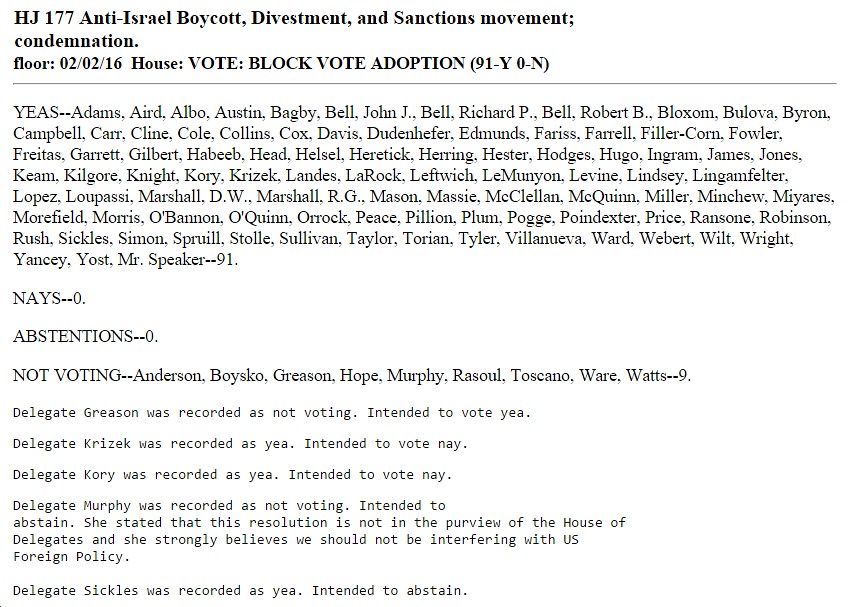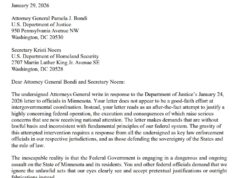You might recall that in 2014, the Virginia General Assembly – a body, I’d point out, that isn’t even capable of doing the most basic stuff for VIRGINIA, like passing Medicaid expansion, protecting our coast from rising sea levels, telling switching to clean energy ASAP and Dominion Power to go f*** itself, properly funding education and transportation, you name it – waded into a foreign policy dispute.
Specifically, the Virginia Gen. Ass., as I like to call it for short, decided that its “wisdom,” so to speak, was required on the vexing issue of what to call the “Sea of Japan” and/or “East Sea,” depending on which side of that particular argument you’re on. When I worked for the U.S. Energy Information Administration, we frequently received emails from people (mostly Korean nationals) outraged that U.S. maps (State Department, CIA, etc.) labeled that body of water as the “Sea of Japan.” We basically had a standard response, which was to take it up with the State Department, as it wasn’t our “lane.” Well, sorry Virginia Gen. Ass., but foreign policy isn’t your “lane” either, particularly when you’ve shown zero competence right here in Virginia (but even if they had shown competence on Virginia-specific issues, foreign policy is still certainly NOT their “lane”).
Then, in last year’s session, the Virginia General Assembly waded into an even MORE contentious dispute – between Israel and the Arabs, with an extreme resolution by far-far-far-right Del. Brenda Pogge (R, of course). Among many other problems with Pogge’s resolution, it violated longstanding U.N. Security Council resolutions, as well as U.S. (and Israeli) policy, by asserting that the occupied West Bank was an integral part of a “national home for the Jewish people.” It further claimed, ridiculously, that “Israel has been granted its lands under and through the oldest recorded deed, the Old Testament.”
As I wrote at the time, the bottom line is that the Virginia House of Delegates shouldn’t be meddling in foreign policy generally, and certainly not in highly sensitive, complex issues like the Arab-Israeli conflict, about which it has essentially zero “standing” or expertise. And it really REALLY shouldn’t be saying anything out of step with U.S. policy.
Well, now they’re at it yet again, with HJ 177 Anti-Israel Boycott, Divestment, and Sanctions (BDS) movement; condemnation, a bill which passed the House of Delegates on Tuesday, by a 91-0 margin, with 9 abstentions and with five members (Krizek, Kory, Murphy, Sickles, Greason) explaining that their votes were actually incorrect. Now, let me just be clear that I do not – repeat, NOT! – in any way/shape/form support the BDS movement. To the contrary, I see it as uniquely and unfairly singling out Israel for criticism, while many other countries (including Arab states) have huge human rights problems of their own (not to mention the numerous wars against Israel over the years, the violent “intifadas,” etc.). I also do not see BDS as productive in any way, even as I personally believe that Israel is making a huge mistake holding on to the entire West Bank year after year (coming up on 50 years since the 1967 “Six Day War”), as it endangers: a) the Jewish character of their state; and b) their democracy.
But be that as it may, again my question is simply this: why is the Virginia General Assembly voting on foreign policy matters at all? At best, it’s a waste of time and energy. At worst, it needlessly angers people on whatever “side” of a particular foreign policy issue, and for what constructive purpose? Other than pure political pandering to groups in Virginia who care about these issues, I’m not seeing it.




![[UPDATED 1/29/26] Audio: Sen. Tim Kaine Talks to Blue Virginia About His “Five-Point Plan” to Fight Trump’s Orban-Like Assault on US Democracy; Civil Disobedience a la MLK Jr.; Trump’s Bogus “Energy Emergency”; the Crucial Importance of the 2025 VA Elections; etc.](https://bluevirginia.us/wp-content/uploads/2025/02/kaineinterview2-238x178.jpg)






![[UPDATED 1/29/26] Audio: Sen. Tim Kaine Talks to Blue Virginia About His “Five-Point Plan” to Fight Trump’s Orban-Like Assault on US Democracy; Civil Disobedience a la MLK Jr.; Trump’s Bogus “Energy Emergency”; the Crucial Importance of the 2025 VA Elections; etc.](https://bluevirginia.us/wp-content/uploads/2025/02/kaineinterview2-100x75.jpg)
